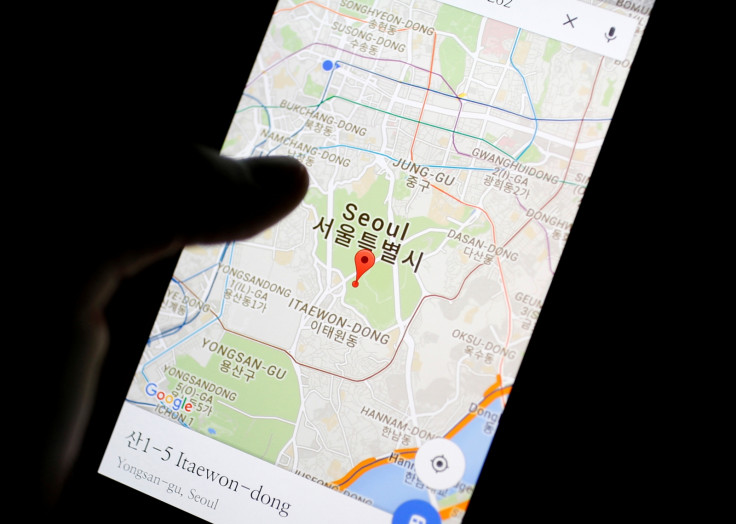South Korea rejects Google request to use local data for its maps service
A South Korean official said Google could export local data for its maps service if it deletes security facilities.

South Korea has rejected Google's request to use the country's local mapping data in its maps service.
South Korea restricts exporting local mapping data to foreign companies that do not operate data servers in the country. The restriction has limited the functionality of Google Maps in South Korea as it cannot offer driving or walking directions. Google manages its maps service at data centres that are outside South Korea.
South Korea granted permission to Google to use mapping data provided the internet giant blurs sensitive information on South Korean military facilities on its satellite maps.
"Our position from the start was that if it deletes security facilities, we would allow exporting (the local mapping data). Google's position is that it won't delete those. The question was whether we would allow that regardless," Kim Tong-il, an official at the land ministry told the Associated Press.
Google filed its request for the mapping data in June this year. The government extended the deadline to August, citing disagreement between ministries. This suggests the support for Google within some ministries that are trying to promote tourism and overseas businesses.
One of the biggest issues tourists face in South Korea is lack of online mapping services with directions in foreign languages.
Local businesses and consumers opposed giving full access to local mapping data to Google, stating it would be unfair for the companies that operate their data servers for mapping services in South Korea. They said Google should build data centres in South Korea.
Earlier, Google said restricting Google Maps in South Korea would create inconvenience for foreigners visiting the country for the Pyeongchang Winter Olympics in 2018.
Kwon Bom-jun, a Google engineer in the official blog post in August said: "What is most regrettable is that it could delay introducing innovative mapping services in South Korea and as a result, South Korea could be left behind in the global competition."
© Copyright IBTimes 2025. All rights reserved.





















